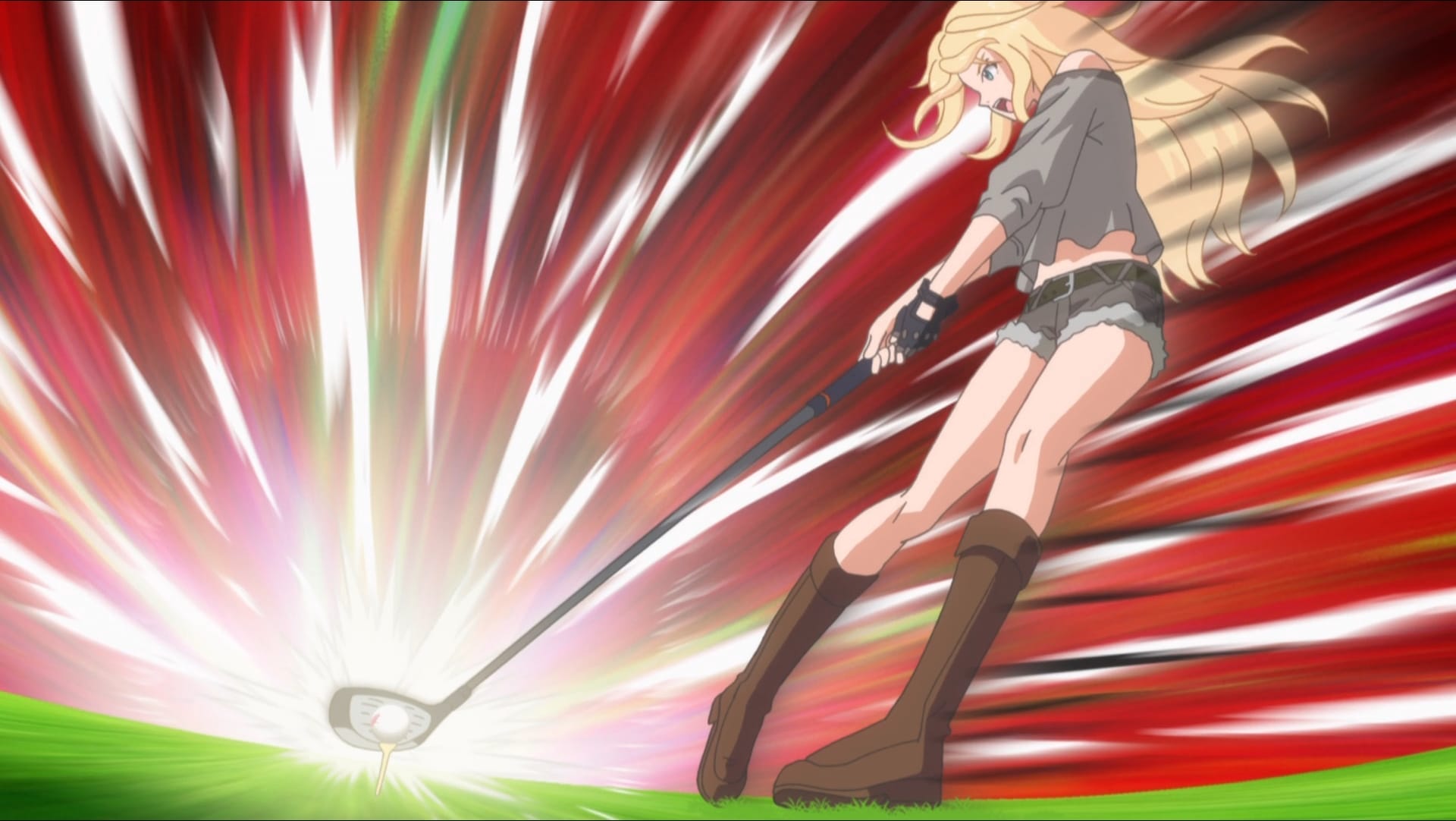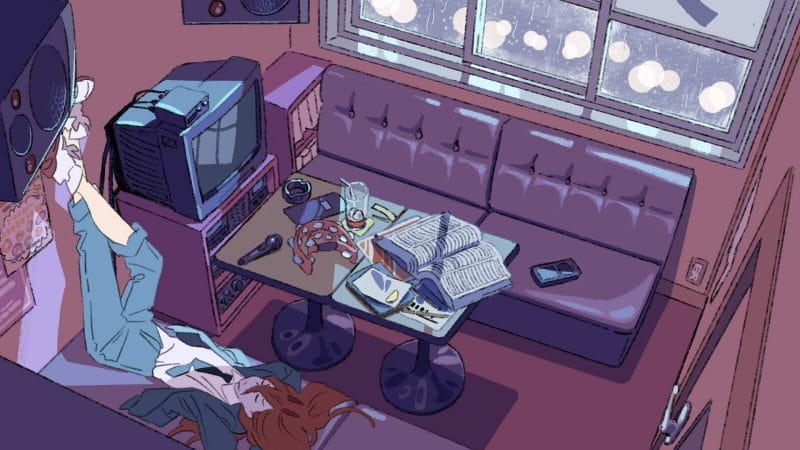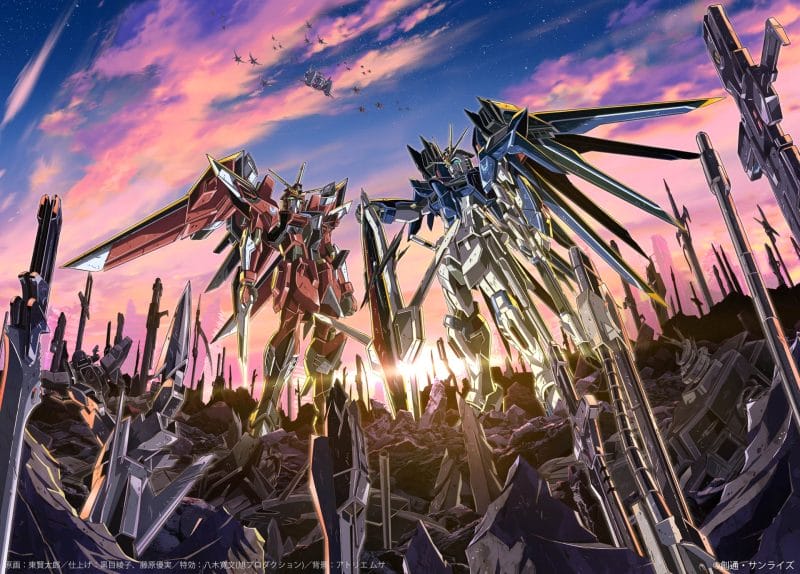 Earlier tonight, Operation: Rainfall was met by a public relations response after three days of silence by Nintendo. Their pleas to hopefully get the games Xenoblade, Pandora’s Tower, and The Last Story released in America were shot down with one 140-character tweet. At 8:46PM Eastern, Nintendo’s Twitter account came back to life with one short message: “@OpRainfall Thanks for being such incredible fans! Unfortunately, there continues to be no plans for NOA to release these 3 games right now.” Immediately, the social media outlets were ablaze with the ire of the fans. Profanities, denounciations, and ill wishes flooded their Facebook page, and their Twitter reply box. In one short sentence, Nintendo created a media fiasco that will reach far wider, and do far more damage than they ever imagined.
Earlier tonight, Operation: Rainfall was met by a public relations response after three days of silence by Nintendo. Their pleas to hopefully get the games Xenoblade, Pandora’s Tower, and The Last Story released in America were shot down with one 140-character tweet. At 8:46PM Eastern, Nintendo’s Twitter account came back to life with one short message: “@OpRainfall Thanks for being such incredible fans! Unfortunately, there continues to be no plans for NOA to release these 3 games right now.” Immediately, the social media outlets were ablaze with the ire of the fans. Profanities, denounciations, and ill wishes flooded their Facebook page, and their Twitter reply box. In one short sentence, Nintendo created a media fiasco that will reach far wider, and do far more damage than they ever imagined.
…This is going somewhere with anime. I promise.
The fans are the lifeblood of any hobby. These individuals are what master marketer Seth Godin calls “sneezers.” According to Godin, sneezers are the spreaders of the ideavirus: an idea that grows, and evolves as it infects those it spreads to. These are the folks that will talk up a company’s new titles, spread the gospel of what a company does right, and basically help sell the product as a willing marketer. These folks are intensely loyal, and will do anything to see their passions grow and succeed.
These fans are especially helpful, both in the marketing aspect, and their brutal honesty. FUNimation’s Adam Sheehan always sings praises of these ardent devotees at conventions. He claims that they won’t hesitate to state when they dislike what a company is doing, going as far as to show extreme displays of dissatisfaction when FUNimation doesn’t do what they feel is right. Those who troll forums like Anime on DVD, Anime News Network, or the various corporate websites can see figures like Dave Williams (Sentai) and John Sirabella (Media Blasters) contributing to discussions, fielding questions, and hinting at new show licenses, and seeking feedback and suggestions. While not everyone ends up happy (rarely they do), they do their best to ensure that they’re creating a new legion of sneezers, of people willing to infect the world with a new ideavirus.
 In the anime world, this equation isn’t particularly perfect. Companies’ bottom lines are affected greatly by issues of piracy, bonds with fans are strained by copyright lawsuits, and problems with Japanese licensors sometimes spill over to create negative reactions with the greater market. However, all the same, there is a degree of transparency in the sense that details come about quickly, and we don’t see representatives hide behind petty non-answers. It’s a luxury that, in the past few days, I’ve really come to appreciate.
In the anime world, this equation isn’t particularly perfect. Companies’ bottom lines are affected greatly by issues of piracy, bonds with fans are strained by copyright lawsuits, and problems with Japanese licensors sometimes spill over to create negative reactions with the greater market. However, all the same, there is a degree of transparency in the sense that details come about quickly, and we don’t see representatives hide behind petty non-answers. It’s a luxury that, in the past few days, I’ve really come to appreciate.
In the past twenty years, these fans, these sneezers have done their job as marketers wonderfully. I won’t lie, and say that anime as a medium is a cultural institution, or that it’s on par with western TV in popularity. Anime is still a niche hobby in the marketplace, and will likely stay that way for some time. However, much of the stigma, the social black flags around it have disintegrated. The common person no longer rolls their eyes as those who say they enjoy the hobby, and shows like Bleach and Durarara! air in regular rotation on Adult Swim. Convention attendance has risen steadily over the past ten years, and shows little signs of decreasing, as more casual fans become enthusiasts, which will hopefully grow into spreaders of the next big ideavirus.
Now to bring this back to the beginning
In this context, Operation Rainfall were a particularly driven group of sneezers. These folks propelled a little-known game to the top of the best-seller list on Amazon. These folks gathered the attention of the games media, the news media, and even the games’ developers. They were providing a marketing campaign that any company would salivate over, given the chance.
And Nintendo slapped it away.
I foresee this as a turning point, and a marketing lesson at the same time. The folks at Operation Rainfall aren’t showing any signs of giving up, and they’re only going to grow louder as more time passes. If this continues its current path, the buzz will grow, the pressure will grow, and soon, people will take notice outside of the regular games market. People who don’t even play games will know what Xenoblade is. As Godin himself said, “more often than not, ideaviruses start when the early adopters are dissatisfied with some element of the experience.” The ideavirus is spreading, and it will be curious to see just if they will vaccinate, or let it grow.











